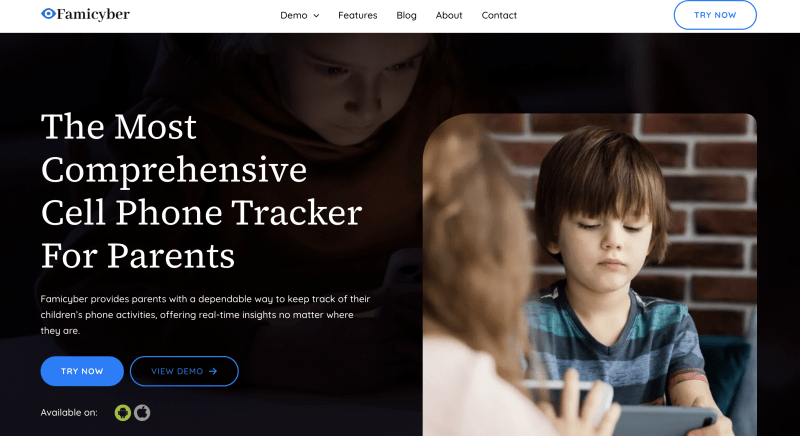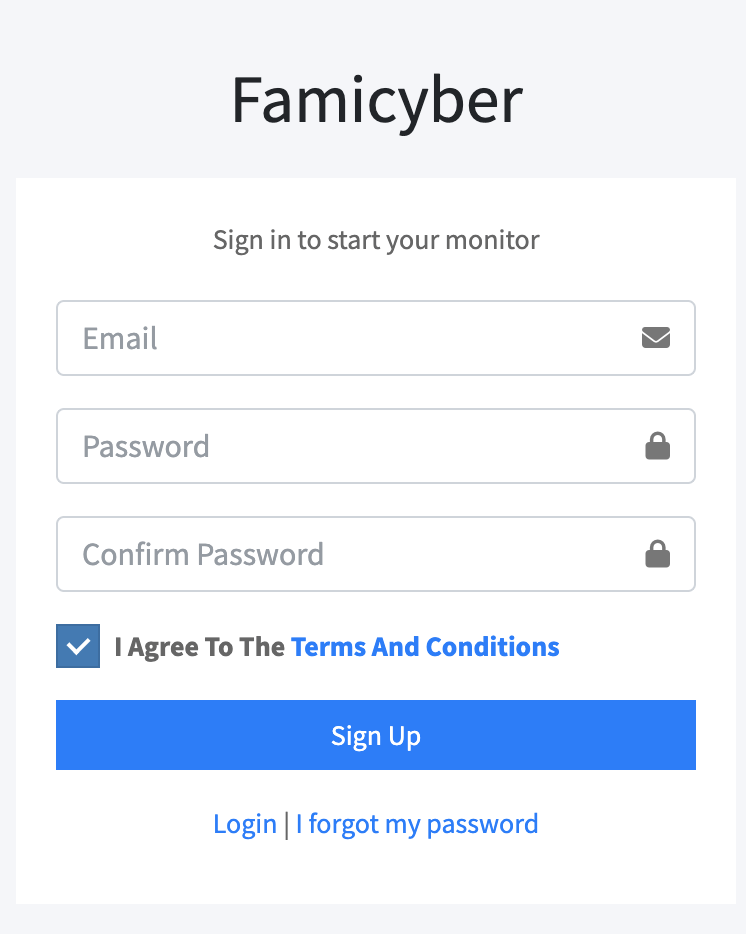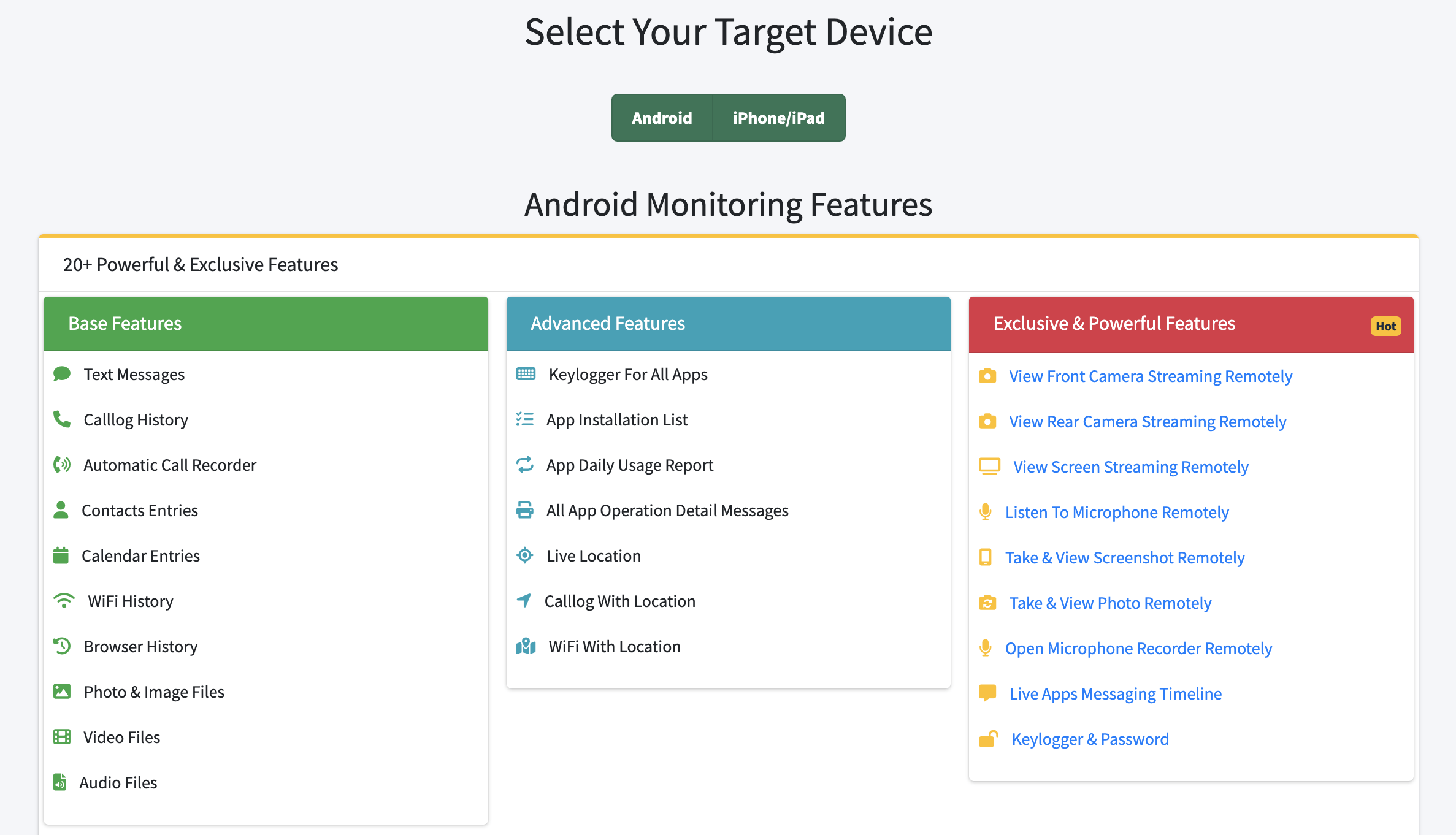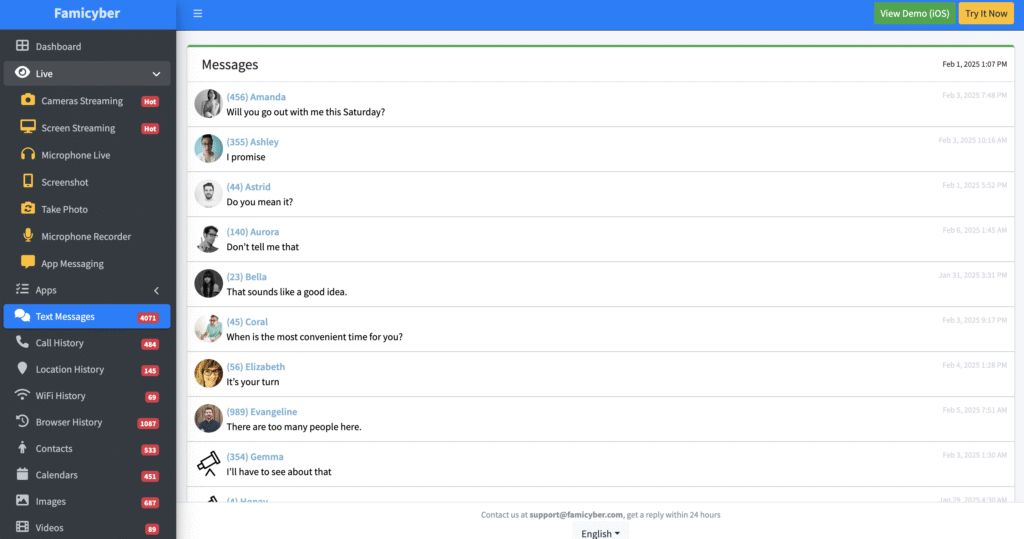The term “rizz” is one of the most popular terms in teen slang. It’s acceptable to wonder what this term means if you’ve heard your teen and their pals use it. Rizz slang meaning, especially in social and romantic contexts, usually involves making an impression and charm.
Understanding the Meaning of ‘Rizz’ in Teen Slang
But what does rizz mean in slang exactly? The term rizz comes from the word “Charisma,” which also explains its roots, and it refers to someone’s ability to “pull”, flirt, or impress people without even trying. The seductive dial of TikTok and Instagram makes the term especially popular among young people. If someone wants to say that someone is confident or charming, they might say they’ve got the rizz.
For parents, understanding the meaning of rizz slang helps bridge the gap between different generations and ensures that teens are understood. This guide will use examples of rizz slang to analyze its application in speech and educate parents about rizz and TikTok trends.
How Do Teens Use ‘Rizz’ Slang in Daily Life
The term ”rizz” is common among teenagers, particularly in their social interactions such as talk in online group forums or discussion in school. Here’s how rizz slang manifests itself in real life:
1. Social Media Interaction
A. Sharing Moments
In teenagers’ social language, the word “rizz” refers to some of the best opportunities in life, mainly on their social media. When posting photos, videos, and updates about their achievements, they often emphasize the moment’s importance by saying “rizz.”
Example:
- “This concert was a rizz of amazing moments!” (Translation: “This concert was full of incredible experiences!”)

B. Online Comments
When chatting on social media, rizz can also be used as a catchy expression to support a friend’s photo or post in a friendly manner. In other words, rizz is used by teenagers to engage in light-hearted conversations on social media.
Example:
- “That post was a rizz worth reading!” (Translation: “That post was very entertaining!”)
2. Friend Interactions
Teenagers typically use Rizz term to describe their interactions with friends. It is quite helpful when they want to express emotions or describe an activity they have done or participated in with their friends.
A. Expressing Emotion:
Surprise and relief could be expressed through the word “rizz.” It represents a fun way of communicating feelings in an informal setting.
Example:
- “Let’s do this later, rizz!” (Translation: “We’ll handle this later, no worries!”)
B. Describing Experiences:
The term “rizz” can explain fun and even casual activities with friends. We use slang to add extra fun to any description or narration.
Example:
- “We’re rizzing through our summer project!” (Translation: “We’re having fun working through our summer project!”)

3. School and Academic Settings
In school and any academic setting, ‘rizz’ could describe academic achievements, exam scores, and attendance at school events or activities. The term can also encourage peers in class discussions or group presentations.
A. Classroom Discussions
In school, the term “rizz” is mostly used by kids to voice their expectations and enthusiasm for any or all activities they may participate in. It serves as an informal and more friendly approach to learning, which helps make school less intimidating for students.
Example:
- “This presentation had everyone rizzing out!” (Translation: “This presentation was so exciting that everyone was engaged!”)
B. Project Work
Regarding group projects and work divisions, students exhibit their performance skills and team spirit by specializing in various fields of interest, or ‘rizz.’
Example:
- “The report is almost done; let’s get to work, rizz!” (Translation: “The report is nearly complete, let’s focus and finish it!”)
4. Family Interactions
A. Light-hearted Conversations
In an attempt to remain free and easy while communicating with family, teenagers sprouting rizz can try and spice things up.
Example:
- “You’re rizzing too much, honey!” (Translation: “You’re being too dramatic or playful!”)
This playful use of the term fosters a cheerful and relaxed atmosphere at home, encouraging laughter and connection among family members.
B. Expressing Gratitude
Some teenagers use rizz to show appreciation towards their parents or siblings.
Example:
- “Thanks for helping, mom! Rizz out!” (Translation: “Thanks for your help, I appreciate it!”)

This novel style of talking to the family allows fast pacing and deepening of relations, which is strengthened beside peers and helps parents understand their teenage in seconds.
How Parents Can Understand and Use “Rizz”
Parents don’t need to use teenage slang daily, but knowing how slang works can maximize communication and relationships with kids. Here’s how parents can meaningfully engage with the rizz slang phrase:
1. Be Open to Learning
Asking questions when necessary and listening without passing judgment are great ways to understand teen language. Show interest in it instead of blocking your teen from using a new slang term.
Tip: When trying to make sense of rizz, instead of saying something directly and risk sounding rude, say, ‘I might need further explanation because that phrase was quite different.’
2. Observe Usage
Be extra careful about text messages teens share or other online media posts. Look for contextual cues around their casual conversations to identify signs of how slang is being used in a particular conversation.
Tip: If your teen frequently uses rizz, check how it’s being used—whether in a fun, harmless way or in a context that might need more guidance.
3. Use “Rizz” in Conversations
A parent can always freely address their children in direct terms instead of a passive one.
Example:
- “Your outfit today has some serious rizz!” (Translation: “You look very confident and stylish today!”)
This can encourage bonding and make conversations more relatable for teens.
How Parents Can Keep Up With Teen Slang Like “Rizz”
Understanding words like rizz and staying in tune with your children’s everyday slang can be tough, but Famicyber provides parents with real-time updates concerning their children’s social media activity. In addition to social media spying, Famicyber gives parents complete access to their teens’ phones for monitoring without crossing personal boundaries. Famicyber’s goal is to help parents understand how to monitor their children with the right approaches.

Key Features of Famicyber
- Message Tracking: Famicyber helps parents read their kid’s messages and scan for “rizz,” “RN,” “YW,” and other slang terms.
- Call Tracking: Check how often and when your teen makes or receives calls.
- GPS Tracking: Immediately pinpoint a location for added safety.
- Monitor Calendar: Check what plans or appointments have been saved and what he or she has scheduled.
- New Contact Tracking: Check what new contacts your kid has saved.
Step-by-Step Guide to Using Famicyber
Step 1. Register a Famicyber Account
Visit the Famicyber website and create an account within minutes.

Step 2. Choose a Plan
Select a subscription plan that fits your needs and access all features.
Step 3. Set It Up on Your Teen’s Device
- For Android Users: Download the app onto your teen’s device and follow the on-screen instructions.
- For iPhone Users: Use iCloud credentials to sync the device remotely without requiring direct access.

Step 4. Monitor Activities Easily
Log into the Famicyber dashboard and view detailed insights, such as:
- Text Messages: Identify and understand slang words or phrases.
- Social Media Usage: Track activity on Instagram, TikTok, or Snapchat platforms.
- Communication Patterns: Detect any new trends, behavioral changes, or unknown slang terms.

Famicyber equips parents with the tools to stay informed in today’s rapidly evolving digital world. It fosters trust and effective communication while ensuring their teens’ safety.
Conclusion: Embrace the Connection
Teen slang like ‘rizz’ may seem confusing, but it’s a great opportunity for parents to connect with their teens. By understanding terms like this and using tools like Famicyber, parents can keep communication open and stay informed about their child’s digital world. Start asking questions, embrace their language, and strengthen your bond.
Hi, I’m Elaine, a psychologist specializing in digital psychology, focusing on how technology impacts teens and adults. At famicyber.com, I offer advice on managing online behavior, from guiding parents with teens’ screen time to helping partners maintain healthy digital relationships. I hold degrees in Clinical Psychology from Columbia University and have 6 years of experience as a Clinical Psychologist and 4 years as a Researcher.






